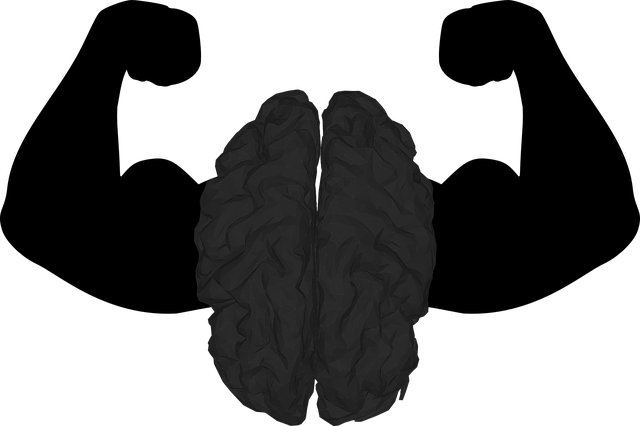Oregon's robust framework of mental health laws, known as the Oregon mental health statutes, protects individuals with mental conditions through rights to evaluation, treatment, and legal standing. This process involves initial assessment, potential court involvement, and comprehensive care guided by statutory guidelines. Key players include healthcare providers, courts, and support networks like the Oregon Department of Mental Health and Substance Abuse (DMHS), legal aid societies, and advocacy groups, all collaborating for holistic recovery while upholding individual rights under these statutes.
In Oregon, understanding the legal framework surrounding mental health is crucial for both individuals seeking support and professionals offering care. This article guides you through the intricate process, beginning with an overview of Oregon’s mental health statutes, highlighting key protections and rights. We then navigate the steps from assessment to treatment and court involvement, providing insights for informed decision-making. Additionally, we introduce key players and resources available in Oregon, ensuring access to guidance and support during challenging times.
- Understanding Oregon Mental Health Statutes: A Overview of Legal Protections and Rights
- Navigating the Process: From Assessment to Treatment and Court Involvement
- Key Players and Resources: Who to Reach Out To for Support and Guidance in Oregon
Understanding Oregon Mental Health Statutes: A Overview of Legal Protections and Rights

Oregon has established a robust framework of laws aimed at protecting individuals with mental health conditions, ensuring their rights and providing legal safeguards. Understanding these Oregon mental health statutes is crucial for both those seeking support and professionals in the field. The state’s legislation offers a comprehensive range of protections, including the right to evaluation, treatment options, and legal standing for individuals involved in the mental health system.
Key aspects include the requirement for voluntary or involuntary commitment procedures, access to court-appointed counsel, and the protection of private information. These statutes ensure that individuals receive fair treatment, maintain their autonomy, and have a say in their care. By familiarizing oneself with these legal rights, one can navigate the Oregon mental health system more effectively, ensuring the best possible outcome for those facing mental health challenges.
Navigating the Process: From Assessment to Treatment and Court Involvement

Navigating the mental health legal process in Oregon involves a series of steps, from initial assessment to treatment and potential court involvement. It begins with a referral to a qualified mental health professional who conducts a comprehensive assessment to determine the individual’s condition and appropriate care needs. This assessment plays a crucial role under Oregon’s mental health statutes, which guide the subsequent course of action. If the individual is found to meet the criteria for involuntary treatment, healthcare providers can petition the court for an emergency custody order or a more prolonged commitment.
Court involvement may lead to hearings where evidence is presented, and decisions are made regarding the person’s care. The Oregon mental health statutes ensure these processes are conducted with respect for individual rights while aiming to provide necessary support. Following treatment, ongoing supervision and aftercare plans are implemented to facilitate successful reintegration into society, emphasizing a holistic approach to addressing mental health concerns within the legal framework.
Key Players and Resources: Who to Reach Out To for Support and Guidance in Oregon

In Oregon, several key players and resources are available for individuals seeking support and guidance related to mental health legal processes. The state’s mental health statutes provide a robust framework for addressing issues like commitment, treatment, and recovery. If you or someone you know is facing a mental health crisis, the first point of contact should be with local emergency services or a crisis intervention center. These entities are equipped to offer immediate assistance and connect individuals with appropriate care.
For ongoing support, Oregon’s Department of Mental Health and Substance Abuse (DMHS) plays a pivotal role in overseeing services and enforcing the Oregon mental health statutes. They coordinate with various community-based organizations, hospitals, and treatment centers across the state. Additionally, legal aid societies and mental health advocacy groups provide invaluable assistance, ensuring individuals’ rights are protected throughout the legal process. These resources collectively strive to offer comprehensive support, guiding individuals through complex systems while promoting recovery and well-being.
